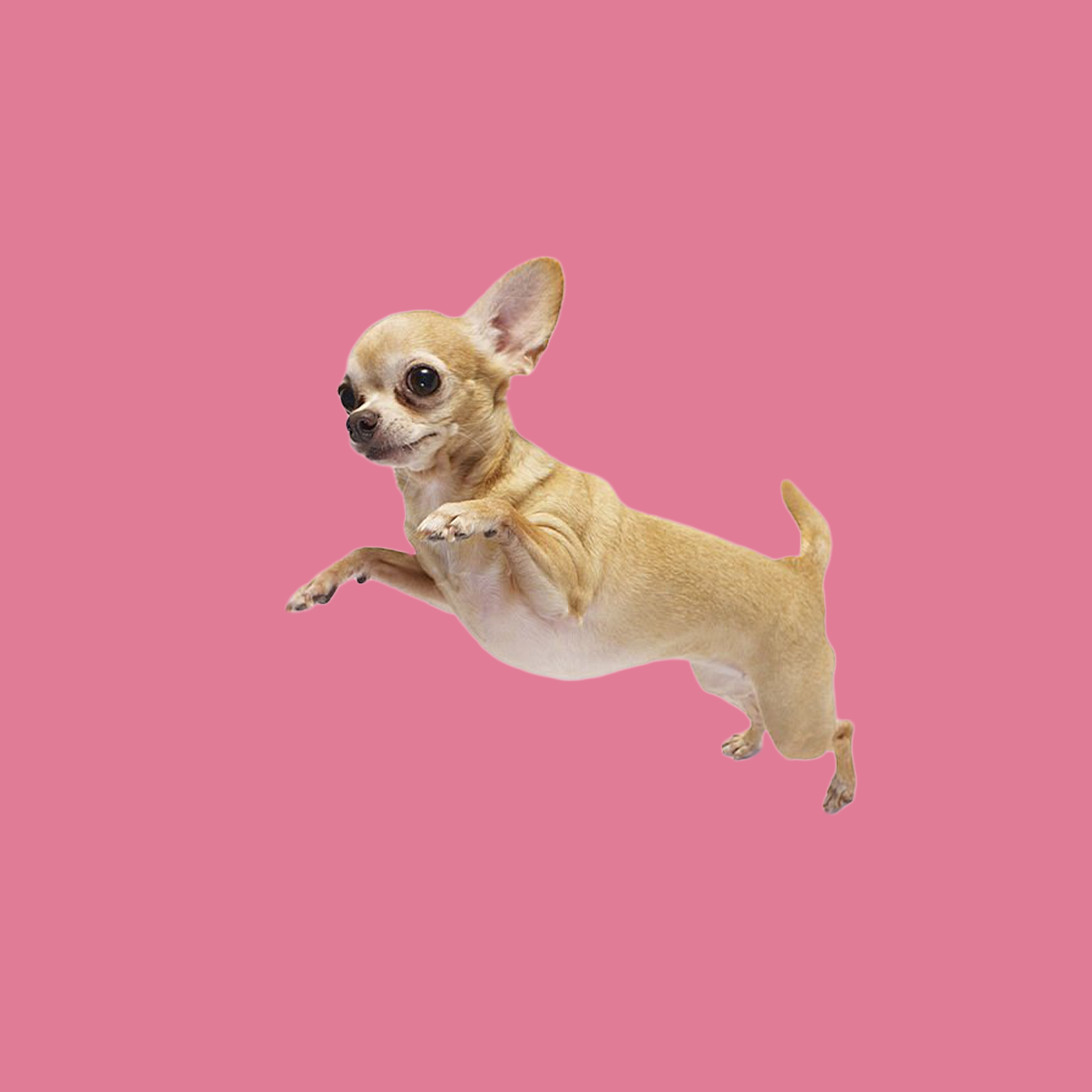Dislocation of the Kneecap
Kneecap dislocation is a genetic problem that results in pain when moving. Regular exercise of the muscles around the joints and weight monitoring are crucial to prevent the problem. Remedial surgery may be necessary to correct severe cases of this disorder. Hopefully, during routine examinations, the veterinarian will be able to detect early signs of dislocation of the knee cap and take appropriate measures at an early stage of the development of the disease.
Dental Problems
A Chihuahua’s vulnerability to dental problems may lead to gum disease and even tooth loss. Maintenance of oral hygiene, professional dental cleanings, and daily brushing with dog toothpaste are the best ways to prevent dental problems.
Hypoglycemia
If not treated properly, low blood sugar can cause significant changes in personality and behavior. To prevent Hypoglycemia, we recommend feeding your important family member several times a day in small portions. Eating adequate nutrient-dense foods can help keep your blood sugar levels up. However, keep in mind that hypoglycemia treatment is only possible with the help of cooperation with a nutritionist.
Weakness of the Trachea
Companion animals’ trachea weakens over time and causes not only airway collapse, but difficulty breathing, and reduced physical activity levels as well. To reduce the load on the trachea and prevent the problem, we recommend using a harness instead of a collar. Maintaining a healthy weight and avoiding activities that may cause neck strain can also help prevent the weakness of the trachea.
Heart Problems
Some Chihuahuas are prone to heart disease. Regular veterinary checkups, a diet rich in heart-healthy nutrients, and maintaining a healthy weight can alleviate symptoms of heart problems such as coughing and shortness of breath.
Regular veterinary examinations and prompt response to symptoms are essential to maintaining your Chihuahua’s health and general well-being. Communication with a veterinarian is the key to the timely elimination of any danger and consequently the long life of an important member of your family.

